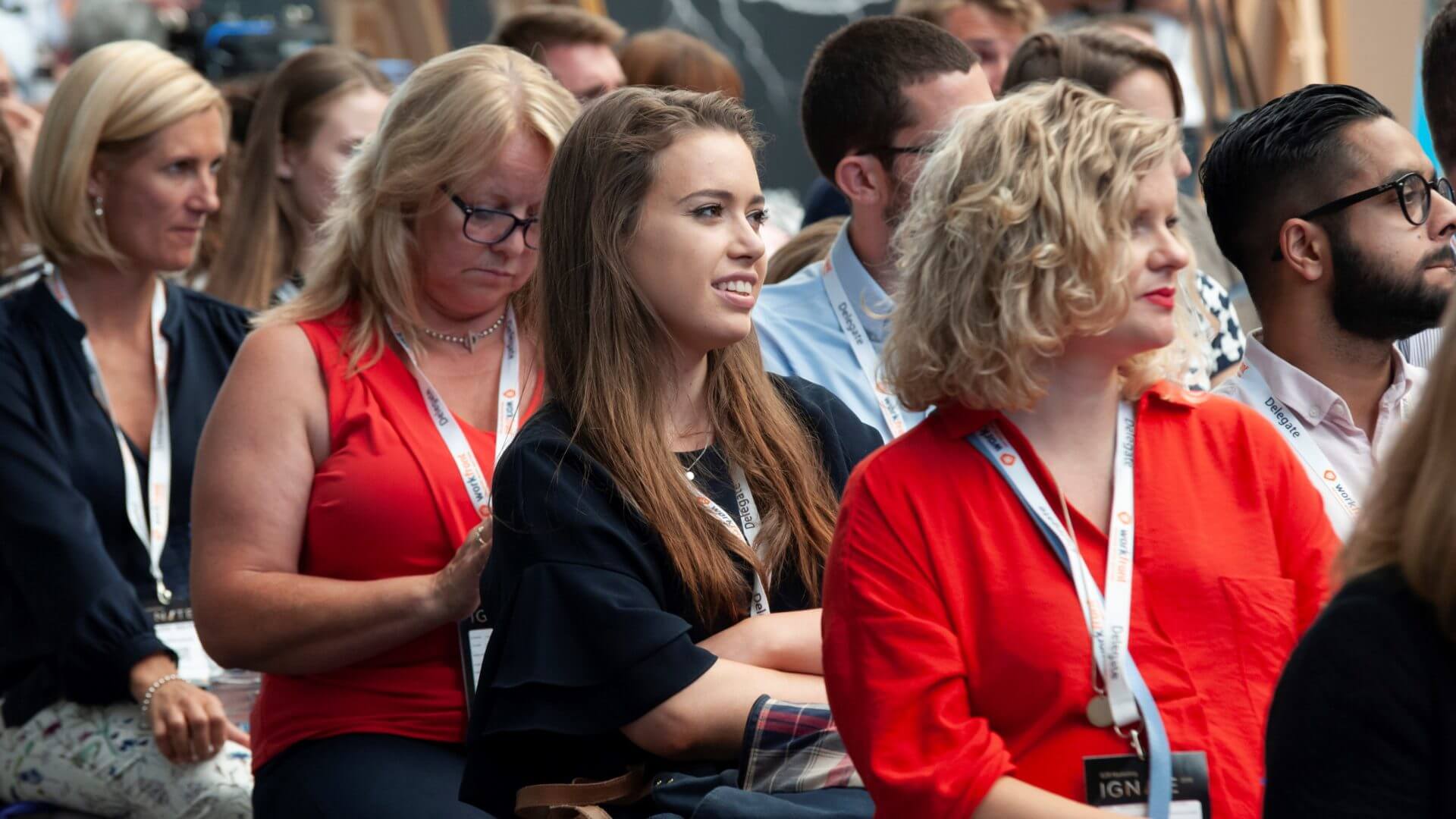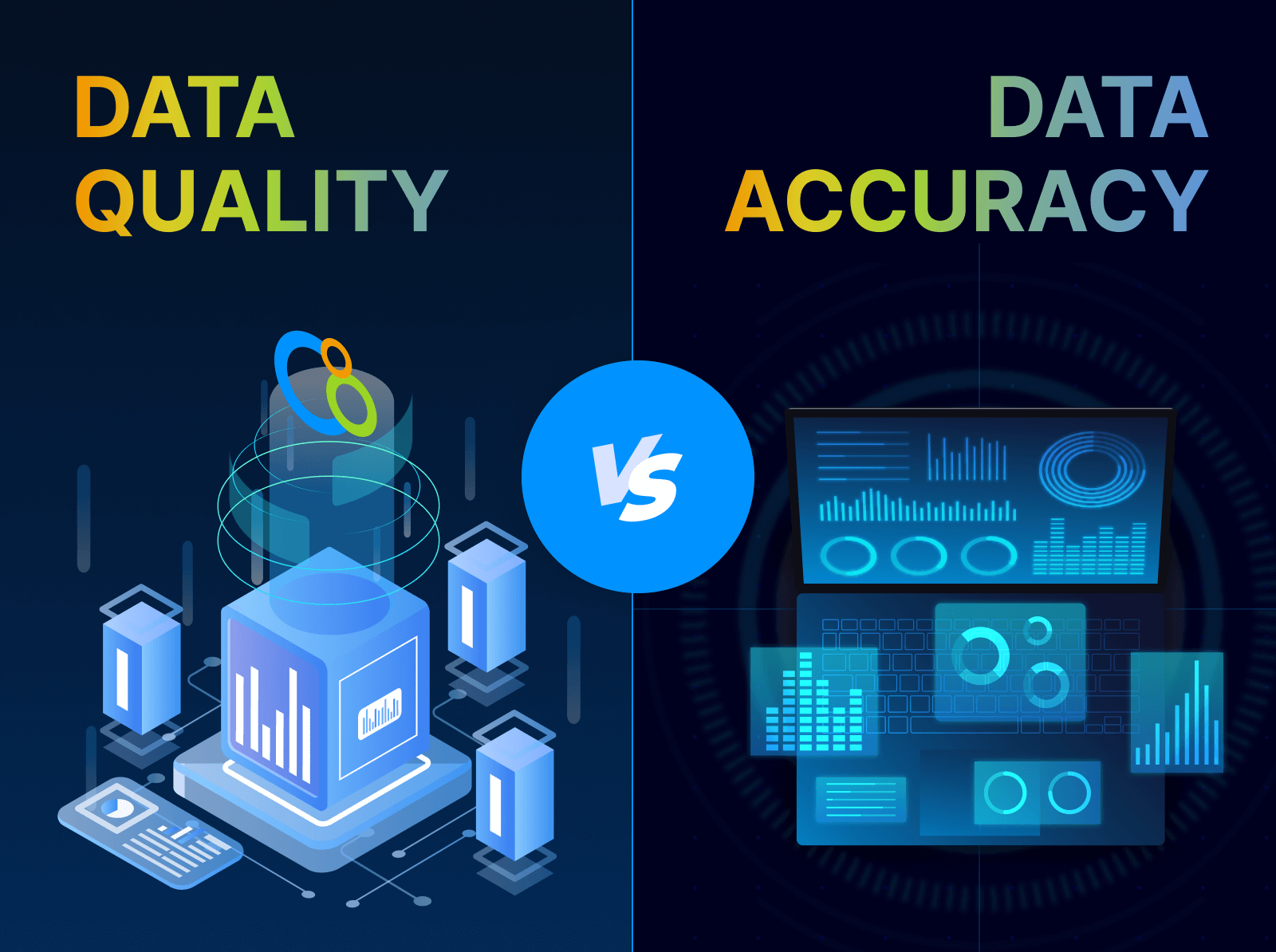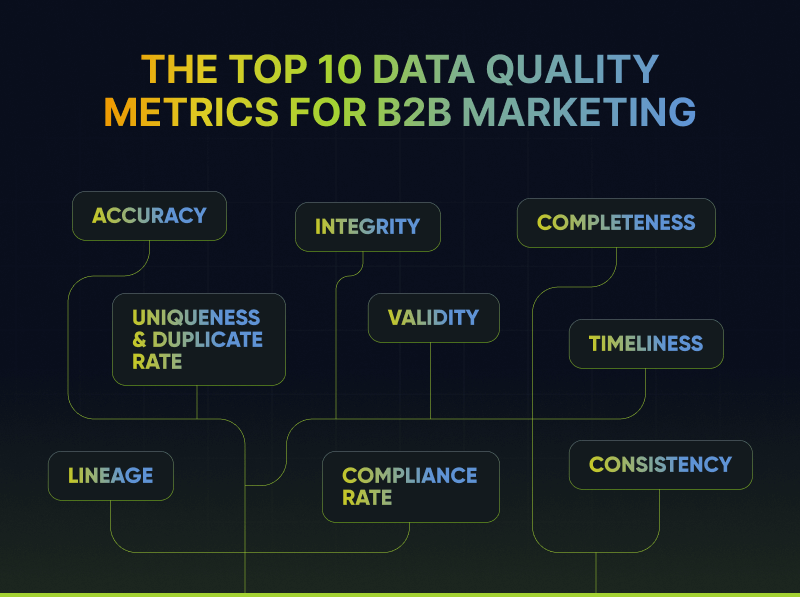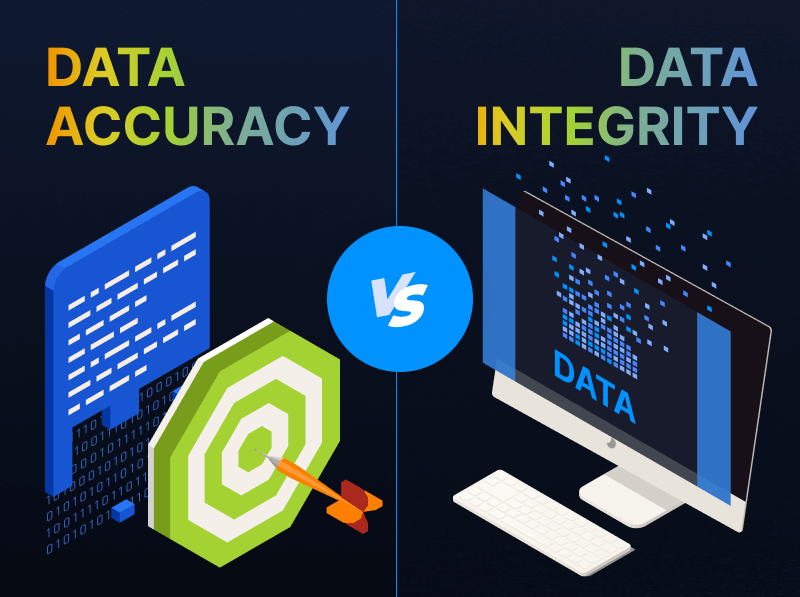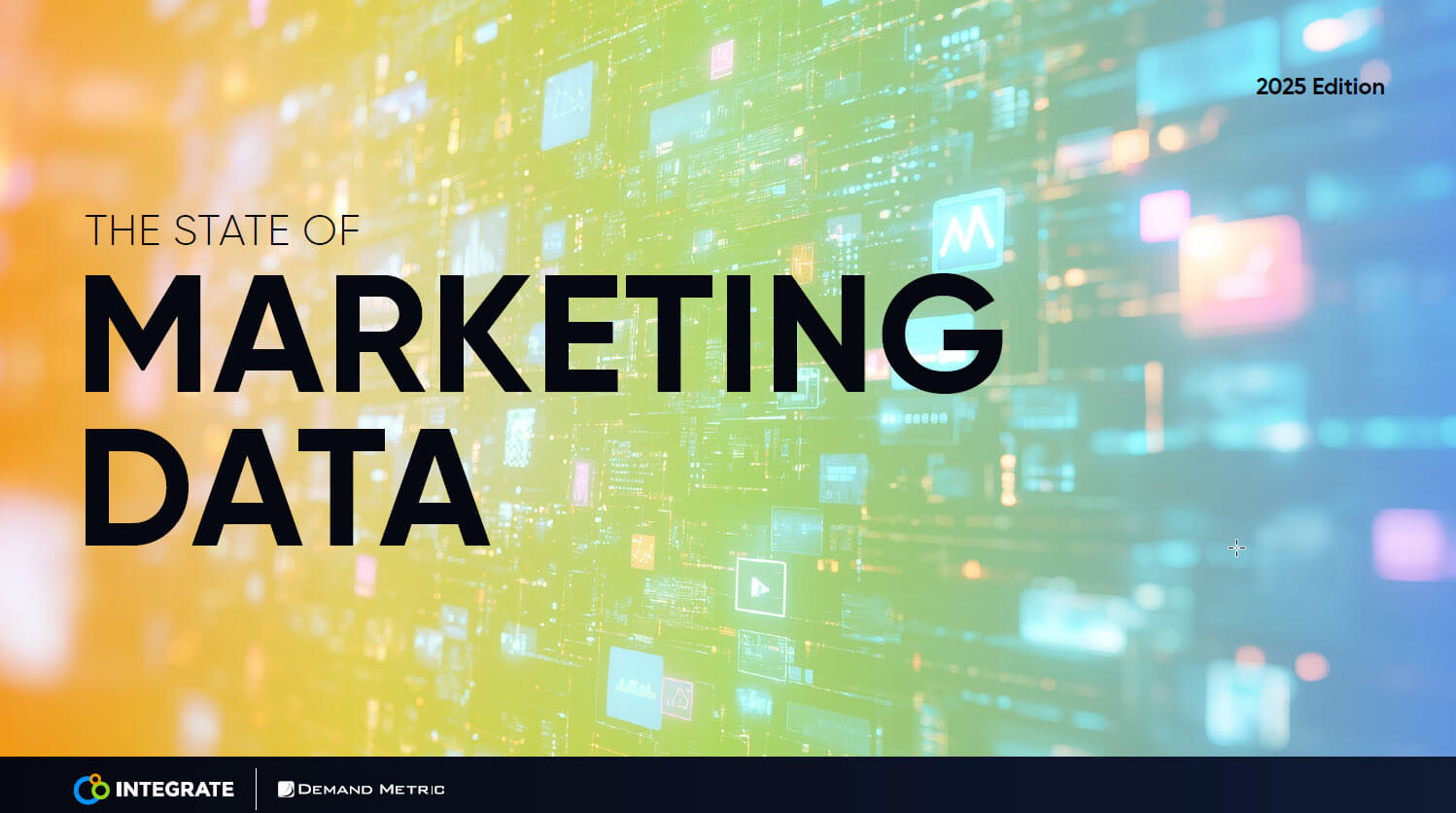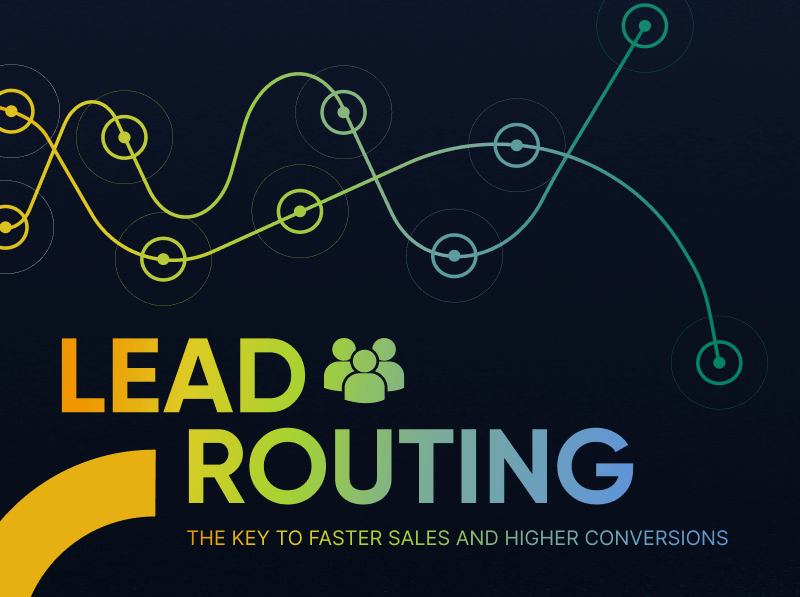What Makes a Good Trade-show Experience for Exhibitors
It was a jam packed Q1 events calendar for Integrate, exhibiting at a mix of trade-shows and conferences both in the UK and US. Research has shown that more than one-third of global exhibitors declare low levels of satisfaction with exhibitions they book, but show a high level of loyalty towards the shows they go to.* So I wanted to review the events we’ve been to, to reflect on how we got on. What makes a great trade-show experience for exhibitors, and what makes a show more likely to be one we’ll re-book next year (aside from having demonstrable return on investment)? There’s pros and cons surrounding each type of event, and whilst this write-up won’t review each individually, it’s important to highlight what makes a great experience for the exhibitor after making the investment. *UFI, Explori Global Exhibitor Insights Study
Before the show
Transparency and regular communication
Like many event marketers, I’m normally planning multiple shows at once. It’s like spinning plates, so as far as I’m concerned there’s no such thing as too much communication between the organizer and exhibitor in the run-up to the show. It’s important to know who you can reach out to, especially if this is a new show with lots of unknowns.
The ability to have questions answered on demand is a huge bonus – things like a live-chat option make communication a lot easier, especially when there’s different time-zones involved.
When it comes to transparency, the best example I can think of is pricing. For exhibitors, it’s important that we understand all the costs and what’s included in our booth price. For example, if the price includes full access tickets to the event, conference or wider show, and how many staff members we’re allowed. For the organizers, being explicit about the numbers avoids complaints or conflict with exhibitors further down the line.
Reminder of key deadlines
Vendors set strict deadlines and there are better economies of scale on the front end of those deadlines, so a reminder from organizers to keep an eye here doesn’t go amiss!
Booking portal
Trying to navigate a labyrinth of portals and logins for the one event is confusing and time consuming. Moving to the one seamless hub for all services, rentals and goods seems a no-brainer but it’s surprising the number of organizers who are still using a complicated mix of different portals. We’ve come to expect digital ease for everything else we buy, so it’s interesting to see pockets of the events industry lagging behind.
Attendee list and promo
Having the visibility of an anonymized attendee list beforehand is a big bonus – it helps sales teams with targeted outreach campaigns and highlights key prospects to talk to and arrange meetings with on the day. It also gives confidence that you’ve got a quality set of attendees, and helps set expectations for the event.
It’s also great when event organizers help exhibitors generate publicity about their involvement at the show. Things like having exhibitor-specific discount codes, or promotional materials for social media are really useful for exhibitors.
Lead retrieval and owning the data
For Integrate (and many of our customers), collecting our own lead data at shows is essential. For exhibitors that hire badge scanners, they’re relying on data owned by the lead retrieval companies (or the event organizers) – and it’s up to them how and when this lead retrieval data gets sent over to the exhibitors.
We’re increasingly working with event organizers, encouraging companies to help exhibitors get better access to their lead data, through open APIs and a mindset shift. Remember: exhibitors are paying to be at your show, to collect new business leads. Isn’t it time that they were able to collect the data they need, and access it as and when they want?
Right now, the ability to connect to the show’s lead retrieval API is at the organizer’s discretion. But we’re confident that we’re seeing a shift towards the new way of working and empowering the exhibitors to own their lead data from events.
At the show
Make the show floor the hub of activity
There’s nothing worse than seeing a sea of packed up shell-scheme carcasses and dust bowls filling the floor aisles as your booth reps hold out for some final hopeful visitors!
A networking lounge, a phone charging booth and coffee hub can be strategically placed to draw visitor traffic across the show floor. Even the speaker programme can be structured so as to maintain excitement and attendance through to the close of the show rather than peaking in the morning and dying down towards the end of the day.
Collaboration with other exhibitors
It’s important for organizers to create opportunities for exhibitors to get to know one another, such as a special mixer or extra exhibit hall hours that are dedicated exclusively to networking and partnering with other exhibitors.
Yes, we come to events to meet qualified attendees, but we can also benefit from sharing expertise with each other, especially when you meet the same people at the same shows repeatedly.
After the show
Quick access to leads
This relates to my earlier point about lead retrieval and data ownership. Exhibitors want to meet, connect and sell to as many potential customers as possible. After the event they will be analyzing the number of leads and opportunities to get an accurate picture on the ROI of the event.
All the data shows that the longer companies wait to follow-up with leads, the less likely those leads are to become customers. So slow follow-up can really hit an exhibitor’s return on investment from a show. If organizers keep exhibitors waiting for their show leads, the exhibitors will likely miss out.
Opportunity for feedback and time to re-book
It’s important that organizers make it easy for exhibitors to provide feedback on the event if they want – but don’t make it essential.
Businesses that exhibit will have clear targets and will be solely focused on ROI. Understanding this I think sets organizers apart when it comes to how they tread following the event. Having a contract waved in front of you to immediately re-book isn’t the most compelling offering: exhibitors want to be confident that the show has delivered value and met their targets, before they decide whether or not to re-book for another year.
Organizers can no longer rely as heavily on loyalty and repeat attendees to generate revenue year after year as the industry becomes more data driven. Organizers can really stand-out by leaning away from a one-size fits all approach for exhibitors and attendees through tailoring the experience. Creating opportunities for personalization offers this, and I think this is something we’ll see more of in future months and years. Ready to turn your events into a revenue accelerating machine? Download our free guide to start today.
